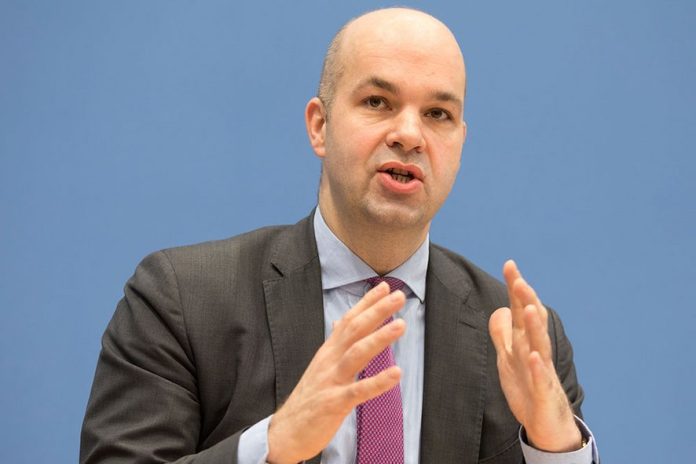The Scholz government managed to agree on the Federal Budget for 2025, despite, it does not represent a turning point for Berlin’s economy, according to Marcel Fratzscher, the President of the German Institute for Economic Research (DIW Berlin), in Tagesspiegel.
The budget agreement will slightly reduce the uncertainty for companies and citizens. The draft reflects the efforts of all traffic light parties to find a constructive solution and to bridge differences. Despite, at the same time the draft federal budget for 2025 contains a lot of political explosives that make conflicts inevitable in the coming months, he said.
The federal chancellor, vice-chancellor and finance minister are sending a clear message through the budget agreement that they recognise the challenges facing the economy and want to support companies. However, the continued debt brake means the new budget will be painfully austere, underestimating key spending on education and much-needed investment, according to Fratzscher.
The 2025 budget primarily strengthens the financial position of those with the highest incomes and provides little help to people on lower incomes, Fratzscher says. On the contrary, twelve billion euros to invest in companies would be much more sensible and financially beneficial to invest in education, innovation and infrastructure in Germany.
Fratzscher refers to the fact the Federal Budget has several tricks, for instance, it shifts obligations to future budgets in order to be able to formally respect the debt brake. Thus, it represents a false picture by showing the reduction of social spending as the first priority. However, the government realises that pension promises in particular will have to go in the short term and that there is no significant savings potential here.
The federal budget is particularly struggling not only to cut climate-damaging subsidies, which amount to more than 60 billion euros a year in Germany, but also to cut other tax incentives in order to increase economic competition and ensure fair distribution, he said. The federal government’s restrictive fiscal policy is one of the biggest brakes on economic recovery and overcoming the environmental and digital transformation.
To date, the federal budget has meant less economic growth, lower company sales and lower wages and incomes for citizens. The federal budget will not create an economic turnaround, but likely will be a brake on the future that weakens Germany as a place to do business and the competitiveness of German companies.
